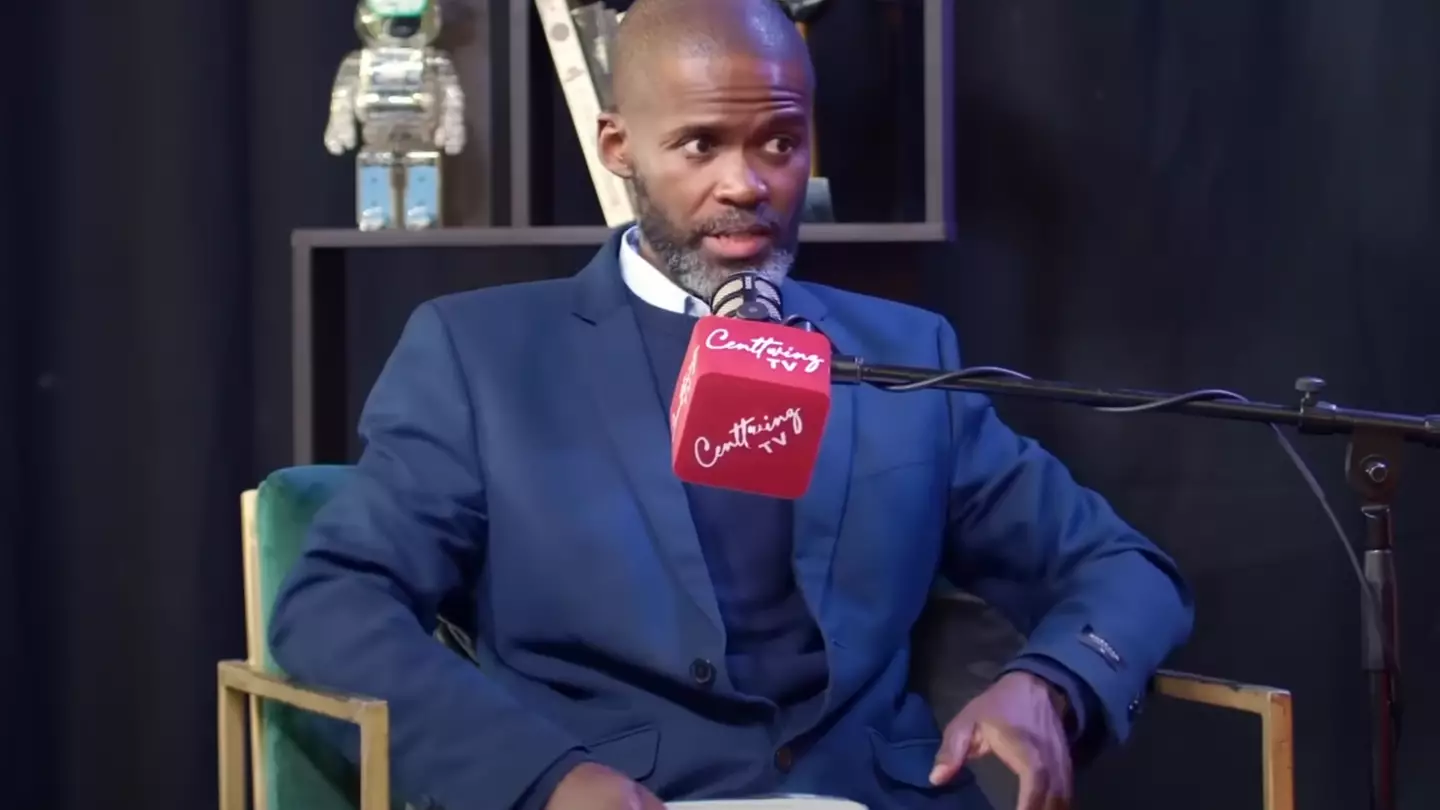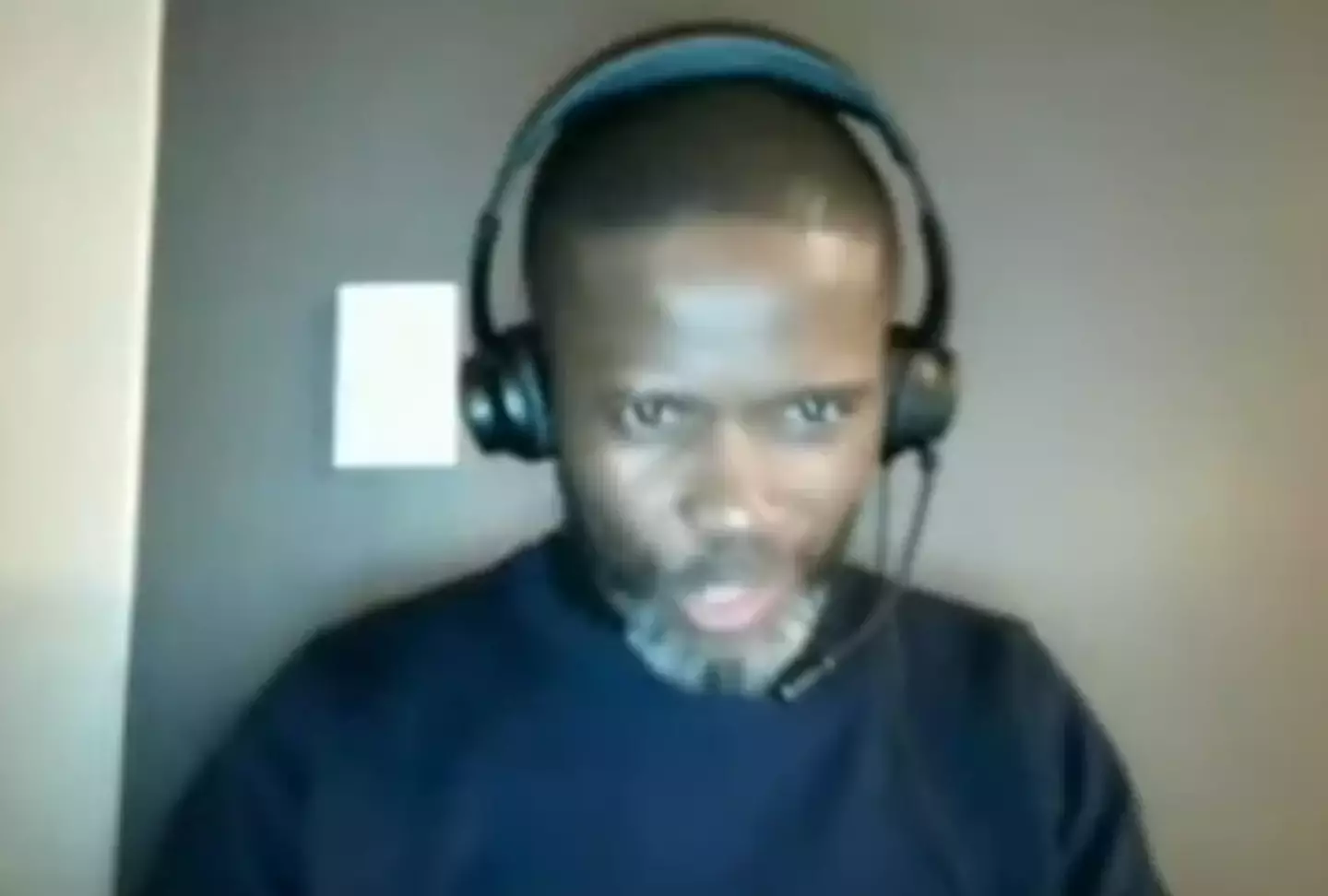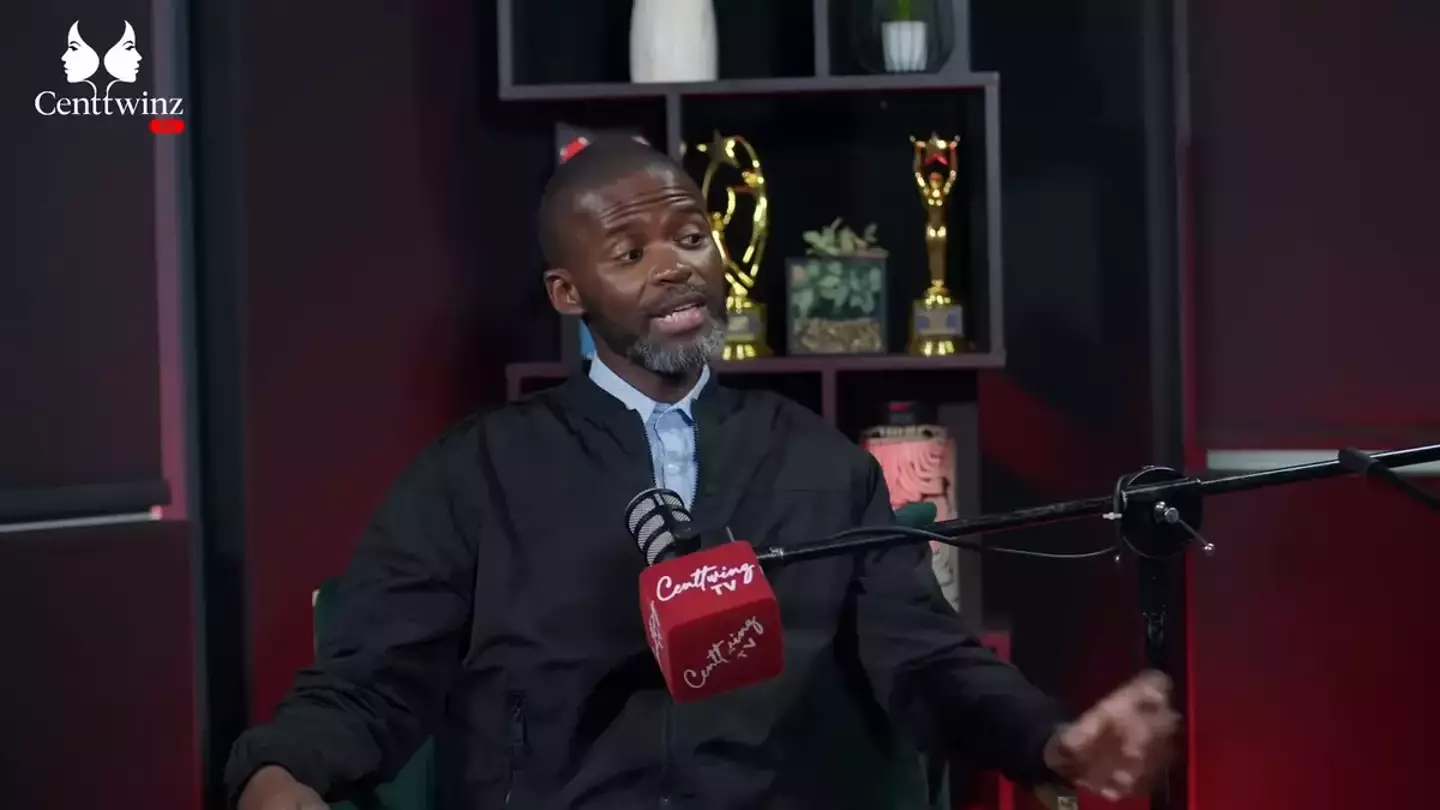
Topics: Religion, Social Media, Viral, TikTok
A man who claimed he 'saw Jesus' and predicted the world's end now faces an awkward explanation for nothing happening.
You might be just as disappointed as many others across social media that the world didn’t end on Tuesday (September 23) - yes, as insane as that sounds people were genuinely disappointed. Though, one preacher’s embarrassing reaction might still make it entertaining.
Plenty of people took the prophecy seriously - with some quitting their jobs, others sold their possessions, cars, and even homes, convinced that the rapture would hit on Tuesday.
The prediction came from South African preacher Joshua Mhlakela, who claimed God told him the exact days - September 23 and 24 - neatly aligning with the Jewish new year, Rosh Hashanah.
Advert
Mhlakela declared the Earth would soon 'shake with such power' and that God would 'rescue the Christians out of the world'. His confidence drew in followers desperate for certainty during turbulent times.

But considering you’re still reading this, it’s safe to say the prophecy didn’t quite work out - and thanks to a livestream, everyone got to watch the disappointment unfold in real time.
In footage later reposted on TikTok, Mhlakela and six others prayed and raised their arms as midnight approached. They appeared ready for ascension, yet nothing happened when the clock struck twelve.
Growing uneasy, the preacher asked if viewers wanted to 'take a break' and then insisted people keep faith, adding: “Please keep waiting on us, he is coming.”
He doubled down at 12.18 am, reassuring viewers that 'one of these two days, the lord knows'... but as minutes passed, people quietly left the livestream one by one.
Eventually, only Mhlakela’s solemn face remained, staring into the camera as though realising the rapture wasn’t going to arrive. For someone so confident, it was a painfully awkward moment, and you actually begin to feel sorry for him - part of me is hoping for the world to be destroyed just to spare his blushes!

Beforehand, he had proclaimed: “On that day of the 23rd who is God going to pick up, you or me?”
The answer turned out to be neither.
He also said God personally instructed him in a dream to livestream the event, claiming: "You cannot be doing this on that day, you need to do a live."
As for why do people still fall for apocalyptic predictions, psychotherapist Tina Chummun explained: "People often get caught up in these belief systems during times of uncertainty because our brain is wired to seek patterns and certainty when life feels uncertain and unpredictable.
“Neuroscience shows us that heightened stress and uncertainty increase our amygdala reactivity, making us more susceptible to black-and-white narratives that promise safety, salvation or control.
"When people want reassurance about the unknown, they piggyback on other people who seem to know what's happening - even though they haven't stopped to question whether what they're aligning with is right."